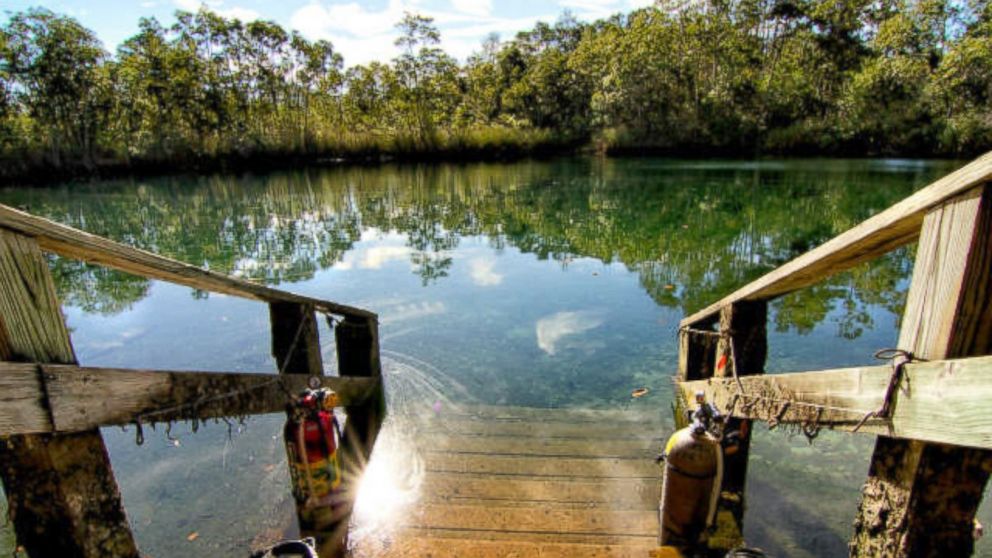
Father and Son Dive in Christmas Day Cave Dive
It’s unfortunate that this is my first real blog post here, but this story was sent to me this morning from a family member expressing concern about the cave diving I do (and plan on continuing to do). There is no doubt that this is a very tragic and unfortunate incident. And I am the last one to comment on ANY speculation about what did or didn’t happen, or about the individuals involved, their families or friends.
However, I would like to say that diving carries risks, technical diving carries more risks, and cave diving adds even more risks. Proper training prepares us to recognize this risks, and further more training and experience teaches us to manage these risks, and handle them if and when they occur. We’ve all pushed the edge of our training and experience from time to time. It’s how we know what our limits are, and how we know when to seek further training. While I like to believe that this is the general mentality in the technical diving community, I am afraid it is not a notion that is driven home during recreational training. In my limited recreational experience, most open water and even advanced open water courses are more concerned with having safe fun today or this week, and less concerned with providing a person with the tools to begin a safe and strong diving career. Now, I understand why this is. Dive shops work on very tight margins, and want to get as many students through as possible, plus, some people just want the minimum guidance to get in the water for 30 minutes on a reef. But, that no excuse to not drive home the seriousness of what can happen when limits are not respected.
Without a doubt, the most important book I read before cave diving was Sheck Exley’s Blueprint for Survival. Highlighting well documented accidents painted a really clear picture of what can happen to the uninitiated.